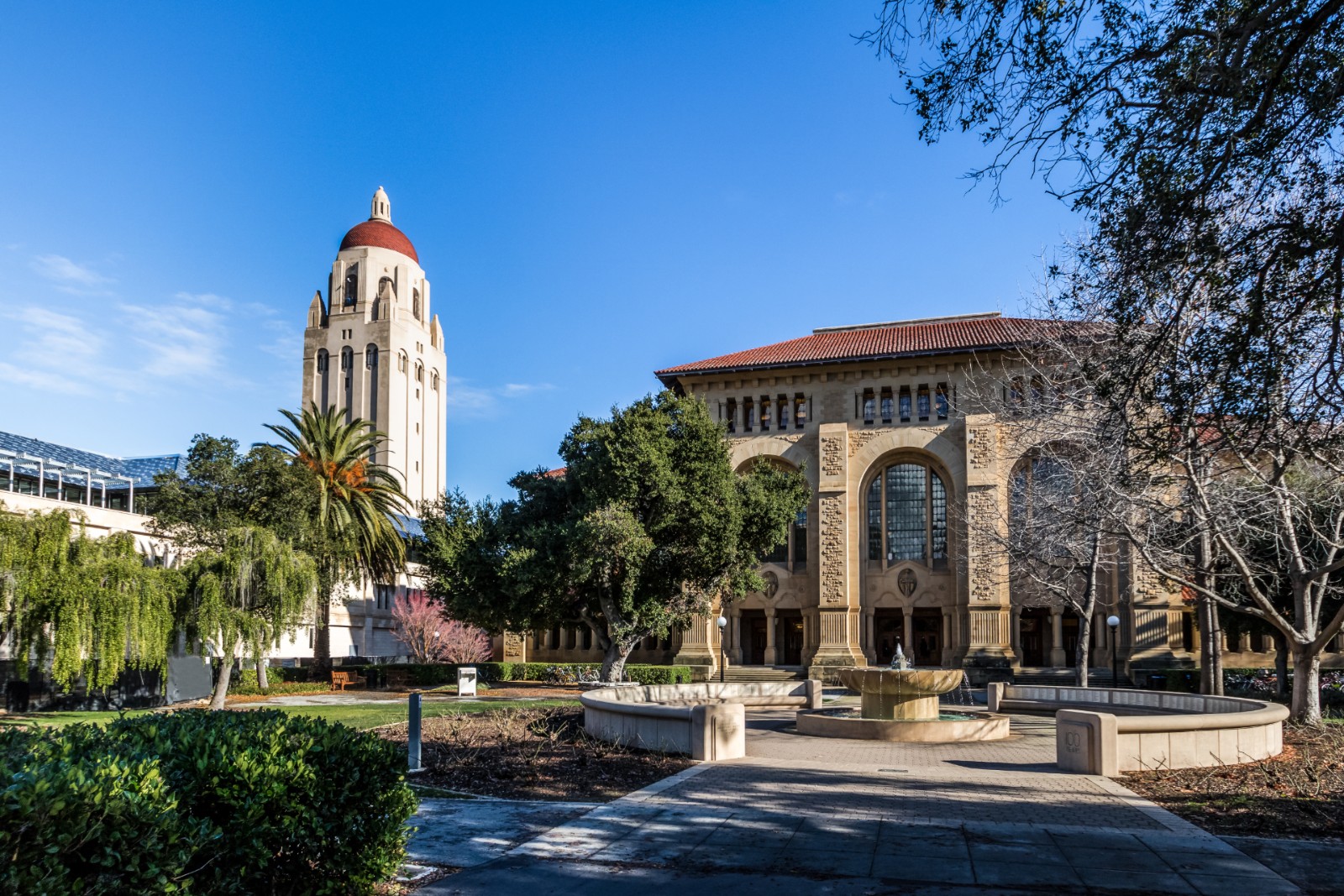Making a career shift

What are the challenges of making a career change? The stakes may seem very high. You risk losing the seniority, respect and prestige you might have spent years building in a given field (although this doesn’t always have to be the case). And the potential fallout — financial problems from being unable to work full-time or money spent on retraining, the challenge of mastering new skills, feeling undervalued, a lack of any time to yourself, and no job guaranteed at the end of it — can be paralyzing.
Daunting or not, it can be done: An increasing number of people make career shifts, with the FT’s Helen Barrett calling it “the only rational response” to the unpredictability of today’s working life. If you want to switch careers, you should first take the time to know yourself, and what you want to achieve. This should help you determine if the path ahead involves taking a second degree, studying at night while continuing to work, making a lateral move, becoming a freelancer, or any number of other options — while shoring up your confidence and self-belief in the face of obstacles. These examples of people who made bold career moves give some insight into the challenges, and payoffs, you can expect.
Making a career shift often involves retraining, or significantly adding to your knowledge of a particular sector (although this does depend on your circumstances, and how much of a change you are making). People often see obtaining higher education degrees, diplomas or certificates as being the best way to do this.
In-person programs allow for complete immersion: The Financial Times has information geared specifically towards in-person global business education, ranking the best institutions in the world for executive education, online and in-person MBAs, European business schools, master’s degrees in management and finance, and MBAs that particularly benefit entrepreneurs and women. The rankings are based on ratings provided by students and companies that participated in the courses, and assess a host of factors ranging from faculty diversity to program design and value for money. The Times Higher Education is less specific, but also a great resource. Its World University Rankings rate over 1,250 universities according to teaching, research, knowledge transfer and international outlook.
Egypt has an array of higher education courses, which you can find an overview of here. We are also part of the Erasmus+ program, which provides study opportunities and grants at universities in 28 European countries.
Not every change requires a new degree: Certificates and diplomas are extremely important in showcasing skills acquisition — particularly if you can combine them with some relevant practical experience. In Egypt, the AUC School of Continuing Education works with some 20k people per year, offering courses and diplomas in language, business and computer studies, human resource management, TOEFL preparation, teacher training and youth programs. ESLSCA Business School offers multi-disciplinary programs in finance, accountancy and economics, leading to a diploma. And the professional development program at Nile University offers courses in business, management and technology. Further afield, institutions all over the world offer hundreds of diplomas and certificates you could study for.